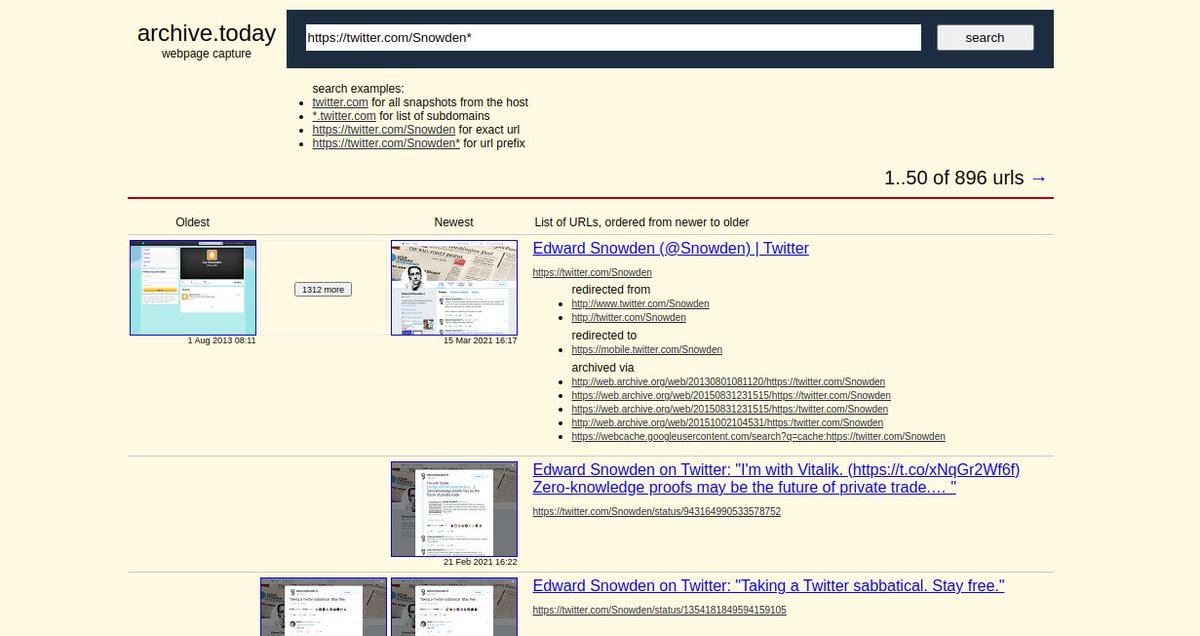
#OSINT is increasingly accepted as evidence in court. Where police once held the monopoly on investigating, internet has opened up this possibility to many other interested parties.
A thread 🧵
1/n
A thread 🧵
1/n
Civilians have the internet to use their voice and skills, enabling them to access data about crimes once only available to the police.
Here's a list of research papers on OSINT for crime investigation and what could be the impacts:
2/n
Here's a list of research papers on OSINT for crime investigation and what could be the impacts:
2/n
1. ‘Uppity civilians’ and ‘cyber-vigilantes’: The role of the general public in policing cyber-crime - doi.org/10.1177/174889…
This research argue that civilian policing of the internet is both relevant and prevalent in today’s society.
3/n
This research argue that civilian policing of the internet is both relevant and prevalent in today’s society.
3/n
2. Open Sourcing Evidence From The Internet: The Protection of Privacy in Civilian Criminal Investigations Using OSINT - amsterdamlawforum.org/articles/abstr…
This thesis argues that current regulations are not yet adapted to the privacy challenges posed by OSINT.
4/n
This thesis argues that current regulations are not yet adapted to the privacy challenges posed by OSINT.
4/n
3. Open-source intelligence and privacy by design - cs.ru.nl/~jhh/publicati…
Use of OSINT by state authorities could pose privacy challenges, but less attention has been given to the potentially problematic privacy concerns posed by civilian criminal investigations.
5/n
Use of OSINT by state authorities could pose privacy challenges, but less attention has been given to the potentially problematic privacy concerns posed by civilian criminal investigations.
5/n
4. Digilantism: An Analysis of Crowdsourcing and the Boston Marathon Bombings - academic.oup.com/bjc/article/57…
This paper explores the aftermath of the Boston Marathon bombing incident and how Reddit, attempted to provide assistance to law enforcement.
6/n
This paper explores the aftermath of the Boston Marathon bombing incident and how Reddit, attempted to provide assistance to law enforcement.
6/n
5. On The Internet Nobody can See Your Cape: The Ethics of Online Vigilantism - journals.uic.edu/ojs/index.php/…
This paper open up the discussion and merge the theoretical, social and technical discussion on vigilantism by drawing on its modern forms.
End of thread 🧵
#OSINTForAll
This paper open up the discussion and merge the theoretical, social and technical discussion on vigilantism by drawing on its modern forms.
End of thread 🧵
#OSINTForAll
• • •
Missing some Tweet in this thread? You can try to
force a refresh








